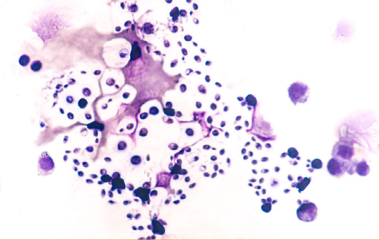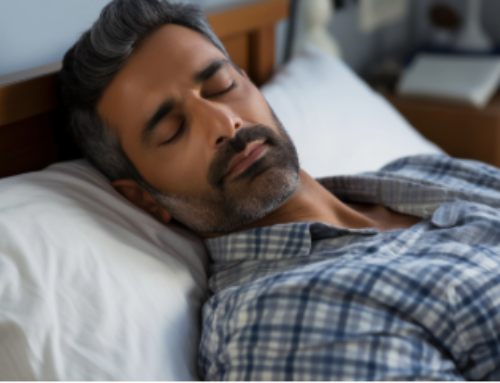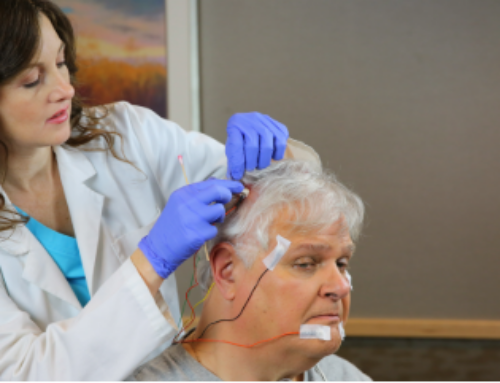Researchers have discovered that people with hypersomnias, or a group of sleep disorders that involve excessive daytime sleepiness such as narcolepsy, have a substance in their cerebrospinal fluid that acts like a sleeping pill.
“These individuals report feeling as if they’re walking around in a fog – physically, but not mentally awake,” says lead author David Rye, MD, PhD, professor of neurology at Emory University School of Medicine and director of research for Emory Healthcare’s Program in Sleep. “When encountering excessive sleepiness in a patient, we typically think it’s caused by an impairment in the brain’s wake systems and treat it with stimulant medications. However, in these patients, the situation is more akin to attempting to drive a car with the parking brake engaged. Our thinking needs to shift from pushing the accelerator harder, to releasing the brake.”
The study appears in the November 21, 2012 issue of the journal Science Translational Medicine. The study involved treating seven hyper-sleep patients and found that their cerebrospinal fluid contained a substance that enhances the effects of the brain chemical gamma-amino butyric acid (GABA), which is one of the main inhibitory chemicals of the nervous system.
On average, the substance more than doubles the GABA receptor function in the hyper-sleep patients.
“In some of the more severely affected patients, we estimated the magnitude of the GABA-enhancing effect as nearly equivalent to that expected for someone receiving sedation for outpatient colonoscopy,” Rye says. “This is a level of impaired consciousness that many subjects had to combat on almost a daily basis in order to live their usual lives.”





